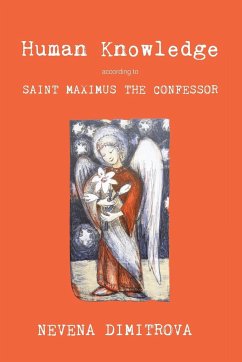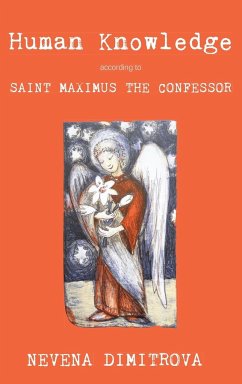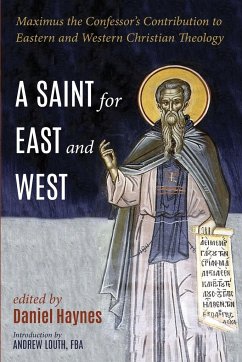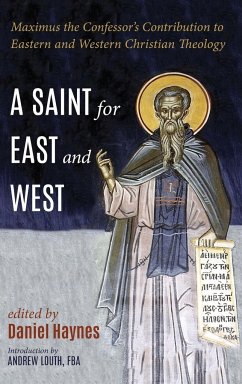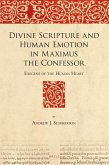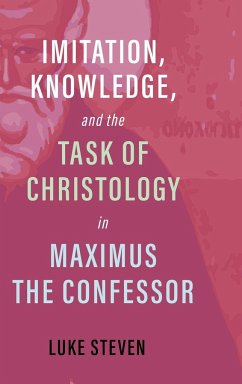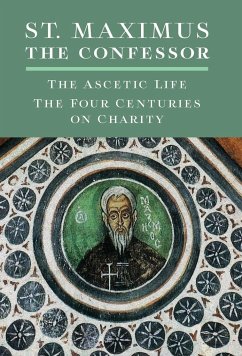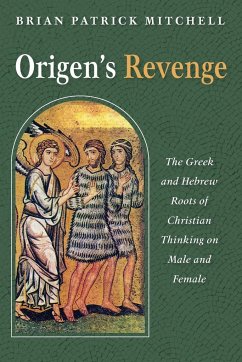This book is dedicated to the synergic process of divine-human communion in the humanly possible knowledge of God, according to Saint Maximus the Confessor. These various types of knowledge play an important, but as yet unexplored role in Maximus the Confessor's teaching on God, which in many respects appears to be a synthesis and culmination of the Greek patristic tradition and the antecedent of ancient pre-Christian and Christian philosophy. Focus on this problem brings forth the major issues of Maximus' psychology: the ""soul-body"" relationship and a detailed examination of the cognitive capacities of the soul, including the perception of the senses, rational activity, and operations of the mind. The indivisibility of the gnoseological issues from medieval man is traced in an examination of the cognitive levels within the trichotomic structure of practical philosophy, natural contemplation, and theology. The two methods--both affirmative (cataphatic) and negative (apophatic)--demonstrate the two rational discourses in human knowledge of God. Special attention is given to the understanding of hexis (¿¿¿¿) and gnomi (¿¿¿¿¿) concepts and their crucial place in the cognitive structure, leading to knowledge of God as Goodness and of God as Truth.
Hinweis: Dieser Artikel kann nur an eine deutsche Lieferadresse ausgeliefert werden.
Hinweis: Dieser Artikel kann nur an eine deutsche Lieferadresse ausgeliefert werden.

